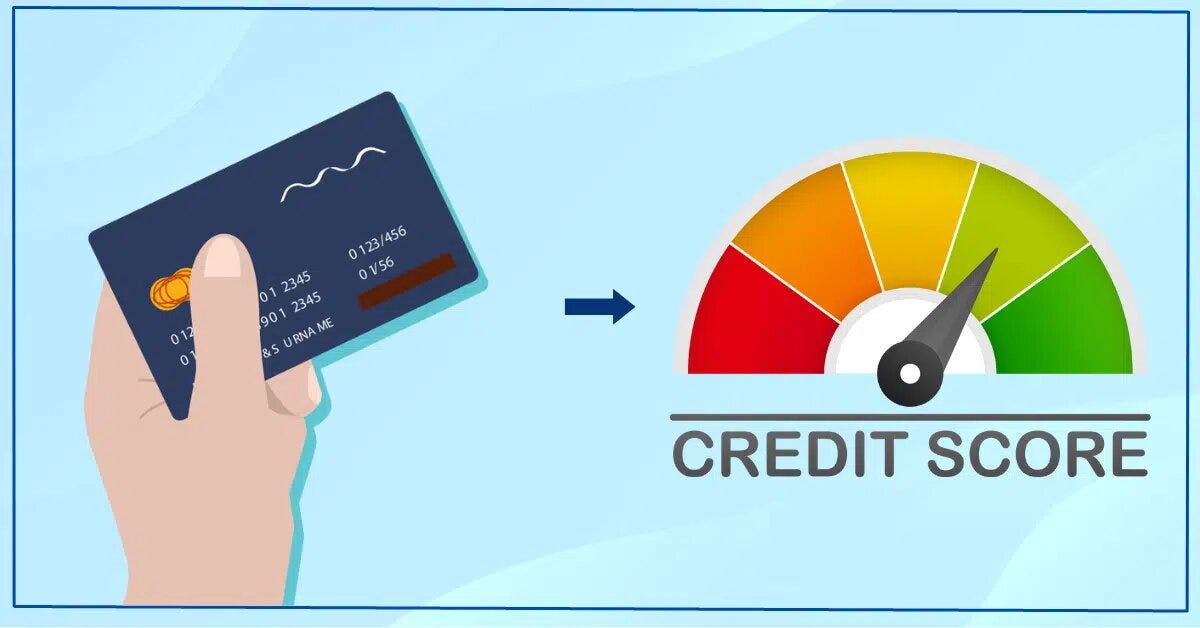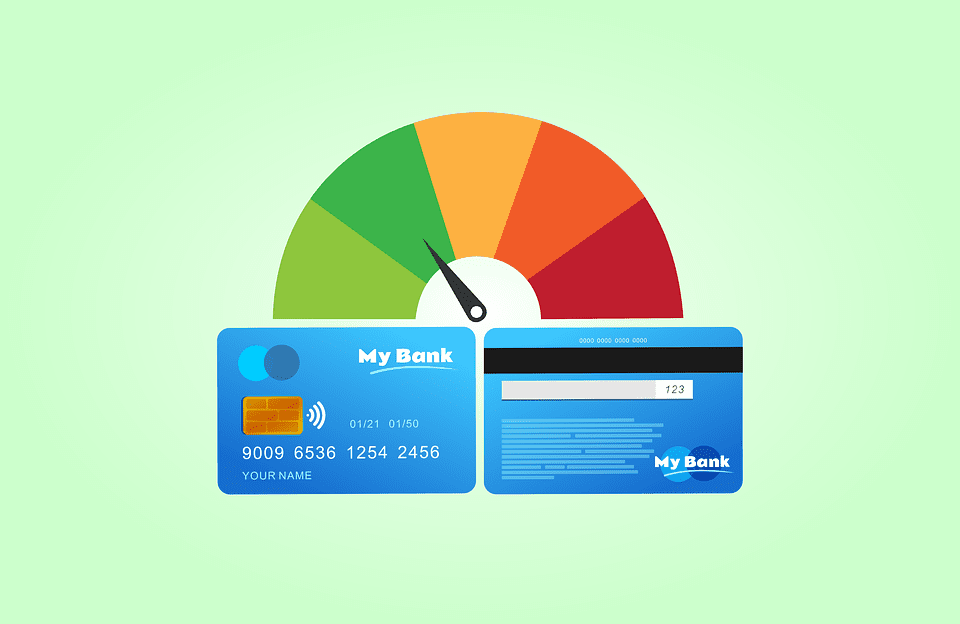Is There a Minimum Credit Score to Apply for a Credit Card?
Applying for a credit card can be a crucial step in managing your finances and building credit. Many people wonder if there is a minimum credit score required to apply for a credit card. The short answer is that while there isn’t a universal minimum credit score, credit scores significantly influence your chances of approval and the types of cards for which you qualify.
Understanding Credit Scores
Credit Score Basics:
- Definition: A credit score is a numerical representation of your creditworthiness, typically ranging from 300 to 850.
- Calculation: Credit scores are calculated based on your credit history, including payment history, credit utilization, length of credit history, new credit, and credit mix.
- Importance: Lenders use your credit score to assess the risk of lending to you.
Categories of Credit Scores
Credit scores generally fall into these categories:
- Excellent (750-850): Best credit cards with top rewards and lowest interest rates.
- Good (700-749): Good credit cards with competitive rates and rewards.
- Fair (650-699): Standard credit cards with moderate rates.
- Poor (600-649): Limited options, higher interest rates.
- Very Poor (300-599): Secured cards or cards with high fees and interest rates.
Minimum Credit Score by Card Type
- Prime Credit Cards:
- Score Needed: Generally 700 and above.
- Features: These cards offer the best rewards, perks, and lowest interest rates.
- Standard Credit Cards:
- Score Needed: Typically 650-699.
- Features: Decent rewards, moderate interest rates, and good credit limits.
- Subprime Credit Cards:
- Score Needed: Usually below 650.
- Features: Higher interest rates, fewer rewards, and lower credit limits.
- Secured Credit Cards:
- Score Needed: No specific minimum, ideal for those with poor or no credit history.
- Features: Requires a cash deposit as collateral, helps build or rebuild credit.
Factors Beyond Credit Scores
While credit scores are crucial, they aren’t the only factor considered by credit card issuers. Other important factors include:
- Income:
- Importance: Lenders assess your ability to repay the debt based on your income.
- Requirement: A stable and sufficient income can compensate for a lower credit score.
- Debt-to-Income Ratio:
- Importance: This ratio compares your monthly debt payments to your monthly income.
- Requirement: A lower ratio is favorable and can improve approval chances.
- Credit History:
- Importance: Lenders look at the length of your credit history and your behavior with past and current credit accounts.
- Requirement: A longer history of responsible credit use is beneficial.
- Recent Credit Inquiries:
- Importance: Multiple recent inquiries can signal financial distress.
- Requirement: Limited recent inquiries are preferred.
Tips for Improving Approval Chances
If your credit score is less than ideal, there are several steps you can take to improve your chances of being approved for a credit card:
- Check Your Credit Report:
- Action: Ensure your credit report is accurate and dispute any errors.
- Pay Down Debt:
- Action: Reducing your outstanding debt can improve your credit score and your debt-to-income ratio.
- Make On-Time Payments:
- Action: Consistently making payments on time boosts your credit score over time.
- Consider a Secured Card:
- Action: If you’re struggling to get approved, a secured credit card can help build your credit.
Interesting Facts About Credit Scores and Credit Cards
- Average Credit Score: As of 2020, the average FICO credit score in the U.S. is 710.
- Credit Utilization: It’s recommended to keep your credit utilization ratio below 30% to maintain a good credit score.
- First-Time Applicants: Many first-time credit card applicants start with a score in the 600s and can build up to the 700s with responsible use.
Real-Life Example: Jake’s Credit Card Journey
Jake, a recent college graduate, had a credit score of 620 due to some missed payments during his college years. He was anxious about applying for a credit card, fearing rejection due to his score.
Jake decided to start with a secured credit card. He deposited $500 as collateral and used the card responsibly, making small purchases and paying off the balance in full each month. Over the next year, his credit score improved to 680.
With his improved score, Jake applied for a standard credit card and was approved. He continued to manage his credit responsibly, gradually increasing his credit score and accessing better credit card offers.
Conclusion
While there isn’t a strict minimum credit score to apply for a credit card, understanding your credit situation and choosing the right type of card can significantly impact your approval chances. By focusing on improving your credit score and being mindful of other financial factors, you can enhance your eligibility for a wide range of credit card options. Remember, everyone starts somewhere, and with responsible credit management, you can build a strong financial foundation.




